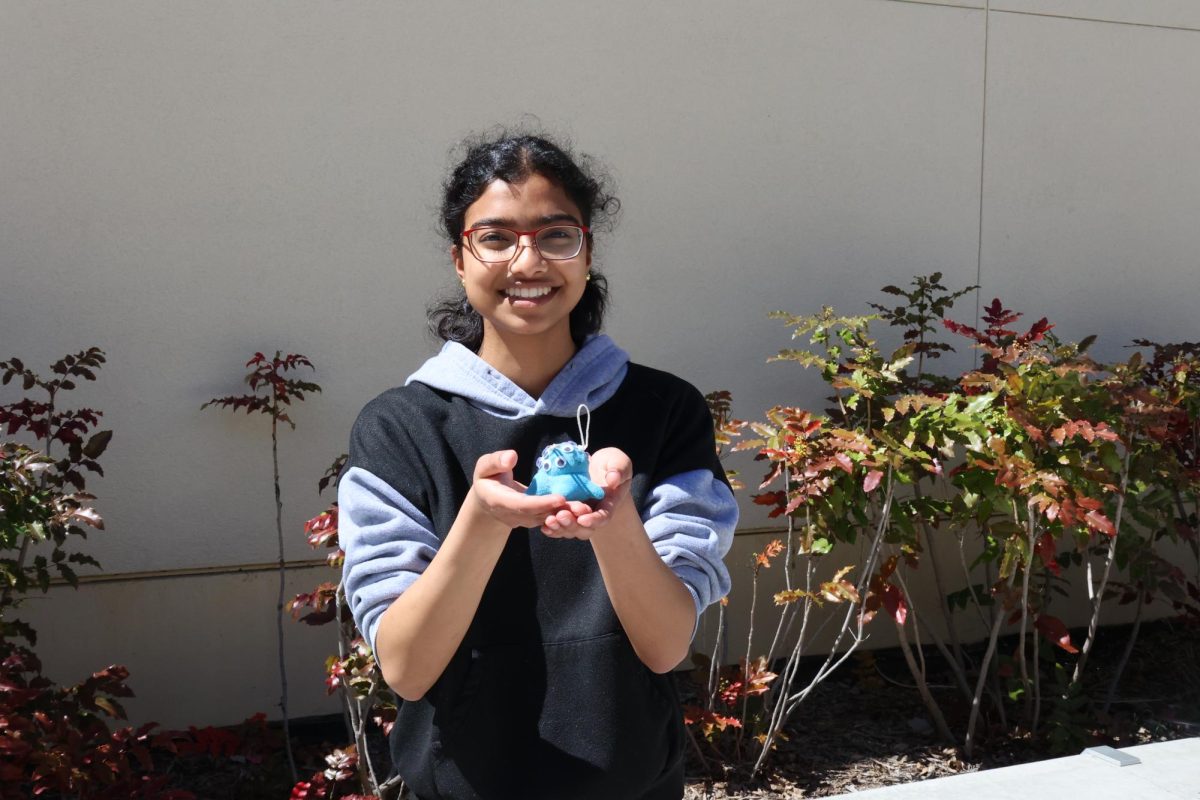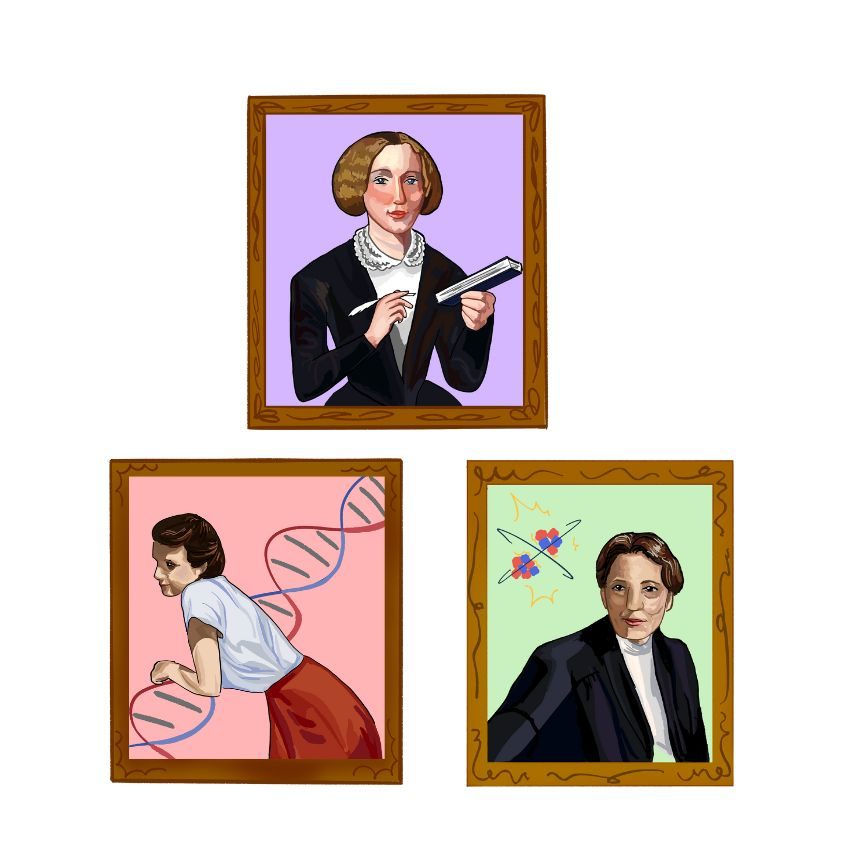Written by Michael Chen
Published in the October 8, 2015 issue
This year, a new organization is on the rise on Gunn campus: one dedicated to fundraising for scientific research. Science for Sight, an organization started by junior Bren- dan Creemer, is a nonprofit, student-run group working to raise money for Usher syndrome research.
Usher syndrome is a genetic disease that results in the loss of both hearing and eyesight over a person’s lifetime. According to the American Speech and Language Association, it is the most common cause of deaf-blindness in humans. Creemer, who was born with Usher syndrome, says he started the organization to help others like him. “I started Science for Sight because I am one of the many people affected by this disease, and even if isn’t bad now, it will be eventually,” Creemer said.
Last year, with help from Gunn special education teacher Laila Adle, who works with visually impaired students, Creemer was able to utilize community resources and eventually create Science for Sight. “Brendan and I were looking for a way for him to do something about Usher—to make a contribution, to help make a change,” Adle said. “Through some research, we found the Bryant Street Garage Fund, which helped Brendan create Science for Sight.”
Science for Sight’s objective is to hold events to raise money for those struggling with Usher syndrome and to gain a sense of understanding within the community. According to senior Emily Cao, an active member of Science for Sight, the organization has already started making plans for fun-draisers and events. “For this current school year, our goal is to host at least two large fundraising events per semester,” Cao said. “As for the rest of the year and beyond, we definitely want to instill a greater sense of awareness and action in the Palo Alto community about the Usher syndrome.”
According to Creemer, the organization made significant progress in fundraising over the last year. “Last April, we had an open mic and bake sale fundraiser which raised 790 dollars for research,” Creemer said. “Right now, we are holding a movie night and expect to raise about 200 dollars.” The event, which will take place tonight at 8 p.m. in the Mitchell Park Community Center, will consist of a screening of Tim Burton’s “Coraline” as well as a Q&A session with one of the movie’s producers.
The National Health Institute estimates that four out of every 100,000 babies are born with Usher syndrome. Although hearing loss is usually identified at an early age using new methods of screening, the official diagnosis typically lags behind by several years. The genetic condition that causes visual impairment in Usher syndrome, known as retinitis pigmentosa, manifests gradually and causes patients with the disease to lose peripheral vision before losing central vision. The lack of effective early diagnoses can present problems to individuals and parents of those afflicted with the disease; they need to make decisions regarding education and intervention without knowledge of their child’s eventual blindness. Creemer recognizes the challenges ahead, but remains optimistic about Science for Sight. “I want to help other people with this disease and protect them from a future of blindness,” Creemer said.













